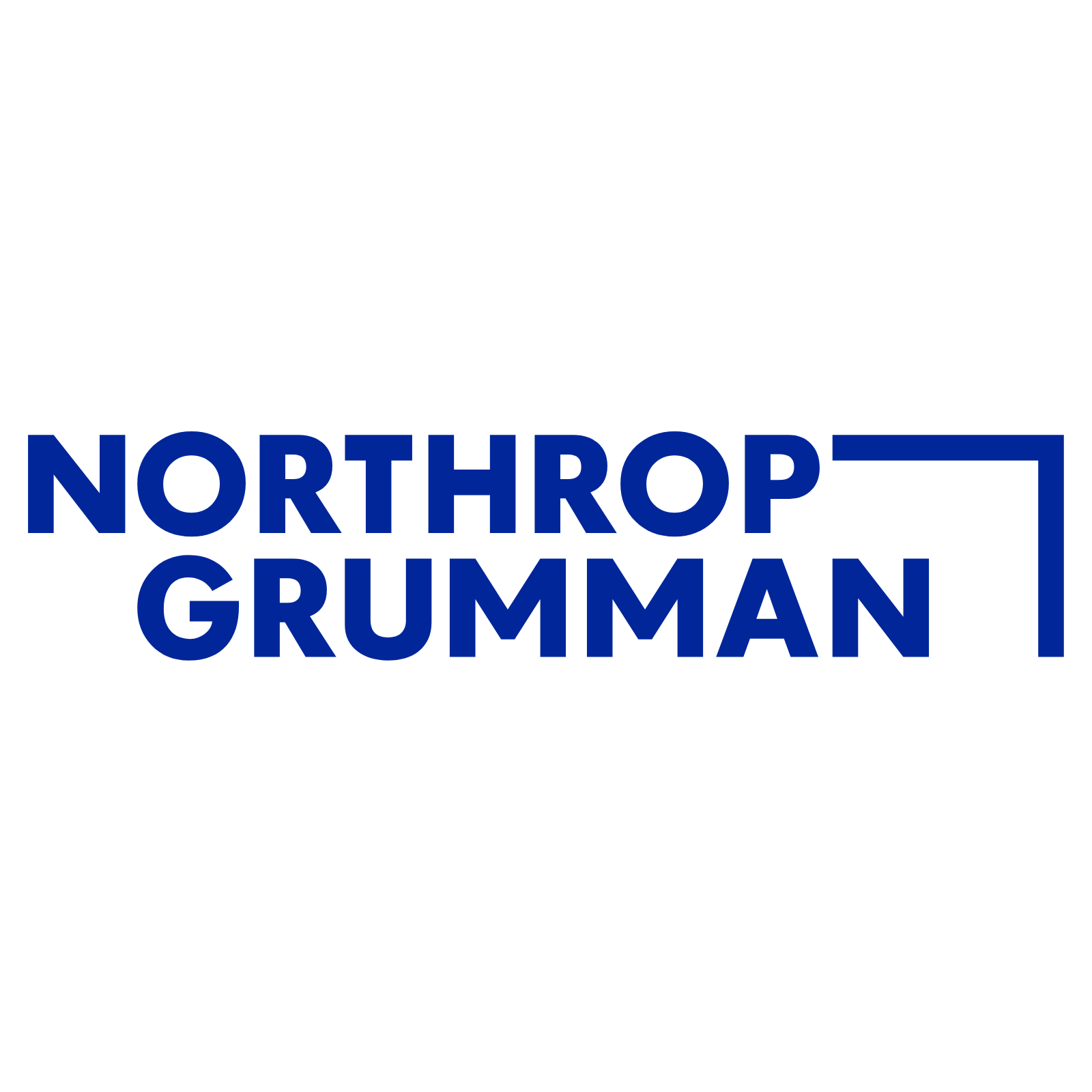Sr. Staff Engineer Mission Architect – Civil Space Systems
- Location:
- Dulles, Virginia, United States of America | Gilbert, Arizona, United States of America | Redondo Beach, California, United States of America | Unknown City, Pennsylvania, United States of America
About Northrop Grumman

Northrop Grumman solves the toughest problems in space, aeronautics, defense and cyberspace to meet the ever-evolving needs of our customers worldwide. Our 90,000 employees are Defining Possible every day using science, technology and engineering to create and deliver advanced systems, products and services. Northrop Grumman careers and internships are as varied as your interests, with a lifetime of potential that will allow you to work together with people from many backgrounds, personal passions and disciplines.
Successful candidates for this position will be a Sr. Staff Systems Engineer within the Tactical Space Systems Division at Northrop Grumman Space Systems located in Dulles, VA, Gilbert, AZ, Redondo Beach, CA and Remotely in PA. This position offers the opportunity to work on exciting space mission concepts and/or flight programs designed to further Science and Robotic Exploration (S&RE) missions related to Earth science, astrophysics, or heliophysics.
Successful candidates for this position will be responsible for providing technical leadership to key pursuits within the S&RE operating unit. Successful candidates will work within a multi-disciplined team and participate in the engineering development of space system architectures and elements. Successful candidates are expected to own key program/pursuit deliverables as well as support and incorporate new company and industry driven technologies.
The Sr. Staff Systems Engineer position is expected to work under consultative direction toward predetermined long-range goals and objectives. Assignments are often self-initiated. Successful candidates would be expected to determine and pursue courses of action necessary to obtain desired results. Work would be checked through consultation and agreement with others rather than by formal review of a superior.
Duties/Responsibilities:
Conceive and develop one-of-a-kind, custom solutions to complex analytical, design, and test problems from often-underspecified mission requirements
Create complex space mission concepts from commercially available, high-TRL, components and structures with flight heritage
Collaborate with stakeholders (Program Managers, subsystem and specialty personnel, external customers, and external teammates) toward maturing spacecraft/constellation concepts in pursuit of contract awards
Author Request For Information (RFI) responses and technical content for proposals
Prepare and present technical briefings for internal and external stakeholders
Manage a technical team, small or large, sometimes spanning external organizations
Support contractual technical reviews
Provide periodic status and technical performance reviews and reports to Program Management and/or executive management
Basic Qualifications:
Must have a Bachelor’s Degree or higher in a Science, Technology, Engineering, or Mathematics (STEM) field with 14 years of experience or 12 years of experience with Master's or 10 years with PhD
Must be familiar with orbital dynamics and space physics
Experience with early spacecraft/satellite concept development
Experience with selecting various commercially available spacecraft components toward creating a spacecraft concept that meets custom mission requirements
Experience developing sets of preliminary system budgets (mass, power, pointing, link, propellant, etc) from customer-unique mission requirements
Ability to calculate mass properties (center of mass, center of pressure, moments of inertia) from component selections and placements
Ability to lead a technical team to the successful completion of Requests for Proposal (RFPs), and/or Statements of Work (SOWs)
Proficiency using computer application software, Microsoft Office or equivalent document generation software, Microsoft SharePoint or equivalent collaboration tools, Matlab or equivalent computational tools
Preferred Qualifications:
Familiarity with various NASA acquisition processes
Space mission architecture design experience
Experience and/or in-depth knowledge of LEOStar-2 or LEOStar-3 avionics
Experience with high-level and low-level interface definition and maturation
Experience with troubleshooting within a satellite/observatory level Integration and Test (I&T) campaign
Experience with on-orbit anomaly investigation and resolution
Familiarity with any or all of the following spacecraft subsystems:
Command and Data Handling (including electrical design at a card, component or system level, FPGA/Processor design and development, software design and development), Flight Software and/or Ground Software, Electrical Power Subsystem (including power distribution architectures, and both high and low voltage bus design, batteries, solar arrays, and other more creative space-borne power sources), Structures and Mechanisms Subsystem (including mechanical design and development, Computer-Aided Design (CAD), Finite Element Model (FEM), understanding of both launch loads as well as space docking loads, etc), Thermal Control Subsystem design and development (including passive and/or active thermal control techniques in both vacuum and ambient conditions), Guidance, Navigation, and Control subsystem (including techniques for attitude determination, attitude control, three-axis stabilization techniques, Radio communication design and development (including space-ground and space-space RF links, wideband, and narrowband communication architectures and components, familiarity with SGLS, NEN, DSN, TDRSS, and CCSDS), Propulsion subsystem (including hydrazine and electric propulsion architectures and components)
Ability to develop requirements and preliminary designs through a model based approach
Proficient in the use of the requirement development and management tool, DOORS
Knowledge in any of the following areas: Launch Vehicles, System Safety, System Reliability, Contamination Control, EMI, Space Environments (Radiation, Surface Charging, etc.), or Human Factors